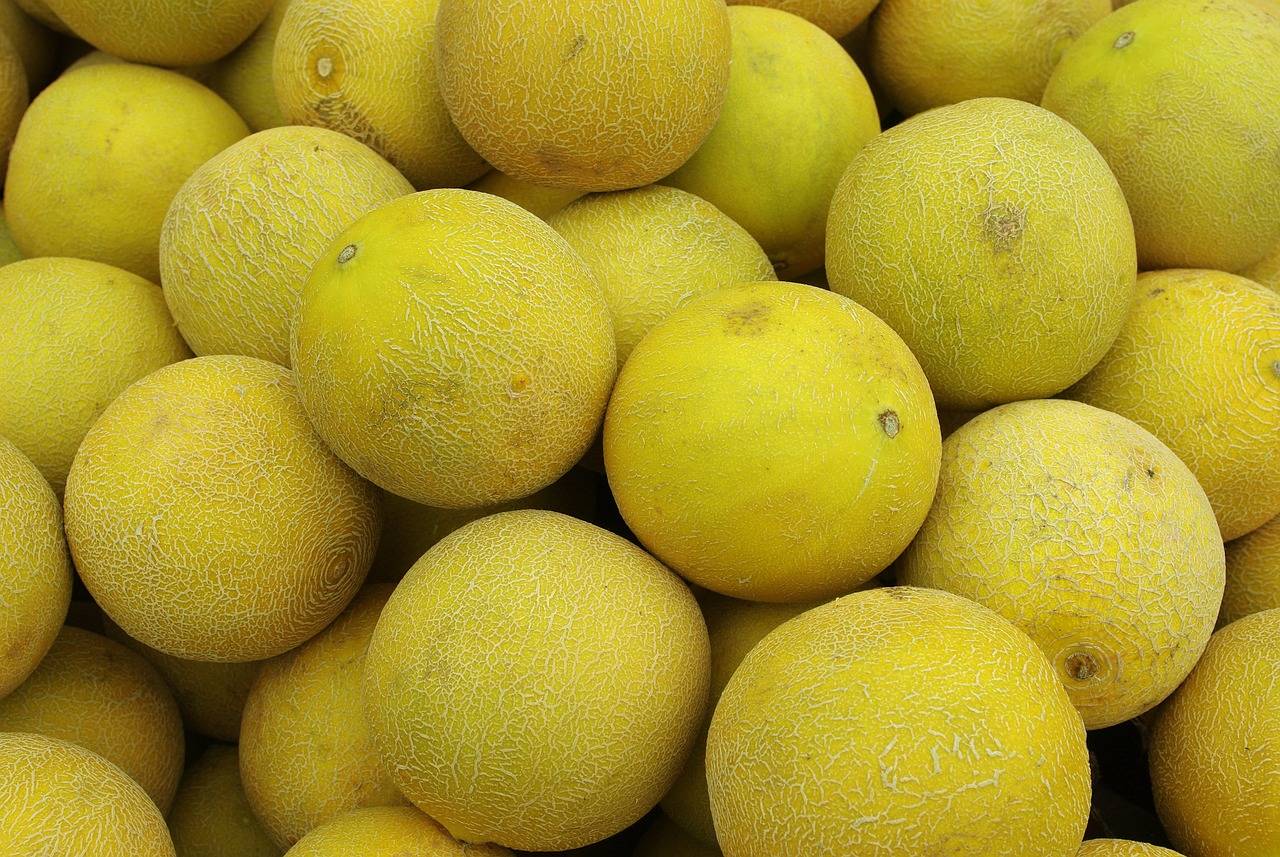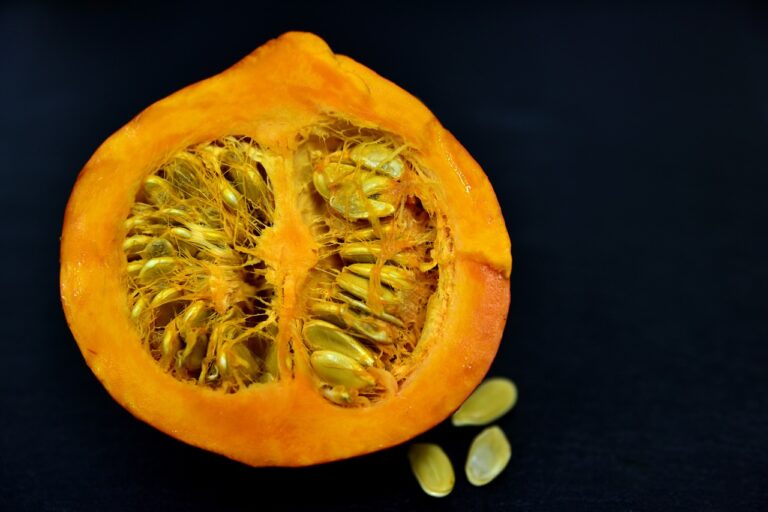Overcoming Challenges in Developing Biosimilar Monoclonal Antibodies: Gold bet, Tiger exch login, Betbook250
gold bet, tiger exch login, betbook250: Developing biosimilar monoclonal antibodies can be a challenging task due to various technical, regulatory, and financial hurdles. However, with careful planning and strategic considerations, these challenges can be overcome to bring these crucial biologic drugs to market and offer more affordable treatment options for patients.
Understanding the challenges involved in developing biosimilar monoclonal antibodies is the first step towards finding solutions to overcome them. Below, we explore some of the key obstacles and strategies for success in this complex process.
1. Complex Manufacturing Process:
One of the primary challenges in developing biosimilar monoclonal antibodies is the complex manufacturing process involved. Monoclonal antibodies are large, intricate molecules that require specialized techniques and equipment for production. To overcome this challenge, companies can invest in state-of-the-art manufacturing facilities and collaborate with experienced contract manufacturing organizations.
2. Regulatory Hurdles:
Navigating the regulatory landscape for biosimilar monoclonal antibodies can be daunting, with stringent requirements for demonstrating similarity to the reference product. Companies can overcome this challenge by conducting thorough analytical and clinical studies to establish comparability with the reference product and engage with regulatory authorities early in the development process.
3. Intellectual Property Rights:
Navigating intellectual property rights and avoiding infringement lawsuits from originator companies can be a significant challenge for developers of biosimilar monoclonal antibodies. Companies can overcome this hurdle by conducting a comprehensive freedom-to-operate analysis and seeking legal advice to ensure compliance with patents and exclusivity rights.
4. Market Access and Pricing:
Accessing the market and setting competitive pricing for biosimilar monoclonal antibodies can be challenging due to market dynamics and reimbursement policies. Companies can overcome this challenge by conducting health economics and outcomes research to demonstrate cost-effectiveness and engage with payers and providers to secure reimbursement agreements.
5. Clinical Development Complexity:
Conducting clinical trials for biosimilar monoclonal antibodies can be complex and costly, requiring extensive resources and patient recruitment efforts. Companies can overcome this challenge by designing efficient study protocols, leveraging real-world evidence, and collaborating with experienced clinical research organizations.
6. Competitive Landscape:
The competitive landscape for biosimilar monoclonal antibodies is intense, with multiple developers vying for market share. Companies can overcome this challenge by differentiating their products through innovative formulation technologies, unique delivery systems, or distinct clinical profiles.
FAQs:
Q: What are biosimilar monoclonal antibodies?
A: Biosimilar monoclonal antibodies are biologic drugs that are highly similar to an existing monoclonal antibody reference product, with no clinically meaningful differences in terms of safety, efficacy, and quality.
Q: How do biosimilar monoclonal antibodies differ from generic drugs?
A: Biosimilar monoclonal antibodies are not chemically identical to the reference product like generic drugs but are highly similar in terms of structure and function, requiring extensive analytical and clinical comparability studies for approval.
In conclusion, overcoming the challenges in developing biosimilar monoclonal antibodies requires a comprehensive understanding of the technical, regulatory, and market dynamics involved. By implementing strategic approaches and leveraging innovative solutions, developers can successfully bring these important biologic drugs to market and improve patient access to affordable treatment options.







